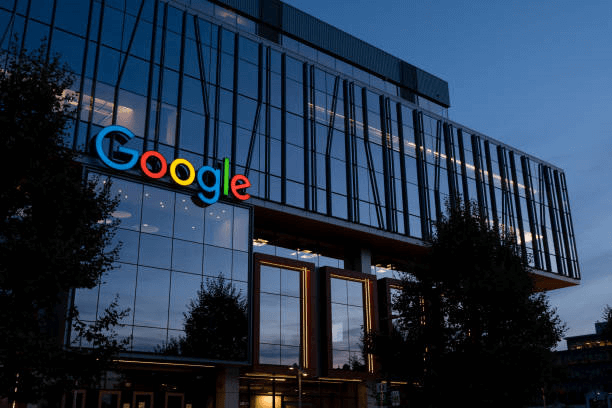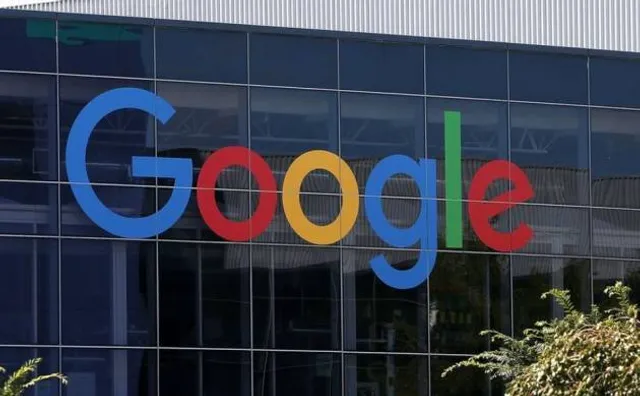When people think of the internet, one name that almost always comes to mind is Google. From a search engine built in a garage to one of the most powerful tech giants in the world, Google has transformed how we access, share, and use information.
In this overview, we’ll explore Google’s origins, mission, services, and its significant influence on the digital age.
The story of Google began in 1996 at Stanford University. Larry Page and Sergey Brin, two PhD students, developed a research project called Backrub, which aimed to rank web pages based on how many other websites linked to them. This concept became the foundation of what we now know as Google Search.
By 1998, the two officially launched Google Inc. from a friend’s garage in Menlo Park, California. With a clean interface and powerful algorithms, Google quickly outshone competitors like Yahoo and AltaVista. Their mission was clear: “to organize the world’s information and make it universally accessible and useful.”
Although Google began as a search engine, it didn’t stop there. Over the years, the company expanded its portfolio to include a wide range of tools and services that are now essential in our everyday lives.
In addition, products like Google Photos, Google Docs, and Google Translate have made both personal and professional lives more efficient.





Google’s acquisition of Android Inc. in 2005 proved to be a game-changer. Android, a mobile operating system, became the backbone of billions of smartphones across the globe.
Today, Android powers around 70% of all smartphones, giving Google a strong foothold in the mobile industry. This move also opened the door to the Google Play Store, home to millions of apps that drive mobile innovation.
In 2015, Google restructured its operations under a new holding company called Alphabet Inc.. This shift allowed Google to focus on its core businesses—Search, Ads, Android, and YouTube—while also giving room for ambitious “moonshot” projects under other subsidiaries.
Some of these include:
The creation of Alphabet signaled Google’s intent to not just lead in tech but to redefine the future through innovation.
At the core of Google’s business model is advertising. Through Google Ads and AdSense, the company generates the majority of its revenue.
Here’s how it works:
As a result, companies gain visibility, and users see more relevant ads based on their search behavior.
This model has made Google one of the most profitable companies in the world. In 2023 alone, its parent company Alphabet reported revenues exceeding $300 billion.
Another jewel in Google’s crown is YouTube, acquired in 2006. It has grown into the world’s largest video-sharing platform, hosting billions of videos and generating enormous traffic every day.
Creators from all over the world use YouTube to share content, while advertisers capitalize on its reach. Whether you’re into educational content, music, vlogs, or live streaming, YouTube has something for everyone.
Moreover, with the rise of short-form content, YouTube Shorts is now competing with platforms like TikTok and Instagram Reels.
Google is also a major player in AI and cloud computing. With platforms like Google Cloud Platform (GCP) and tools like TensorFlow, the company is shaping how businesses manage data and implement machine learning.
Google’s AI breakthroughs, such as BERT and LaMDA, are not just experimental—they’re already powering products like Search and Assistant. Meanwhile, Google Cloud is the preferred choice for organizations seeking scalability, security, and innovation.
One of the reasons Google remains at the forefront of innovation is its unique company culture. From the start, it has embraced openness, creativity, and a flat management structure.
Google encourages its employees, known as “Googlers,” to spend a portion of their time on passion projects. This policy has led to the creation of successful products like Gmail and AdSense.
Moreover, Google’s commitment to diversity, sustainability, and ethical AI ensures it remains a responsible leader in the tech industry.
Like all major tech companies, Google faces challenges—particularly around data privacy, monopoly accusations, and content moderation.
To address these concerns, Google has made strides in giving users more control over their data. Tools like My Activity, Privacy Checkup, and Incognito Mode help users manage their digital footprints.
However, as the tech landscape evolves, so does scrutiny. Governments around the world are increasingly regulating how tech companies operate, and Google must continuously adapt.
Despite already transforming numerous industries, Google’s journey is far from over. The company continues to invest in emerging technologies such as:
With a clear vision and the resources to back it, Google aims not just to keep up with the future—but to build it.
Google started with a simple yet powerful idea: to make information accessible. Over the decades, it has stayed true to that mission while expanding into nearly every aspect of our digital lives. Whether it’s through Search, Android, YouTube, or AI, Google continues to innovate and influence the way we interact with technology.
As a result, the Google company overview isn’t just a story of success. It’s a testament to how curiosity, ambition, and purpose can change the world.

SEE MORE COMPANIES JOB CAREER SEE FIND THE BEST GIFT CARD OFFER